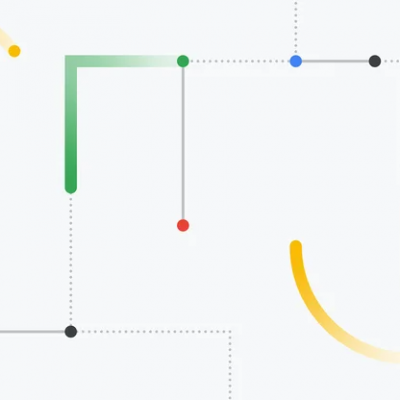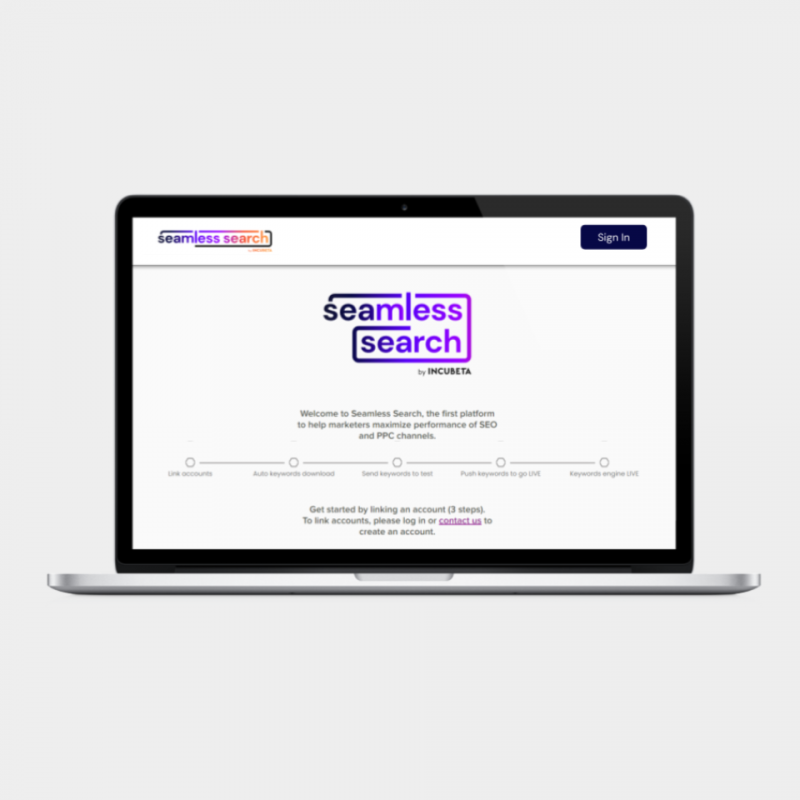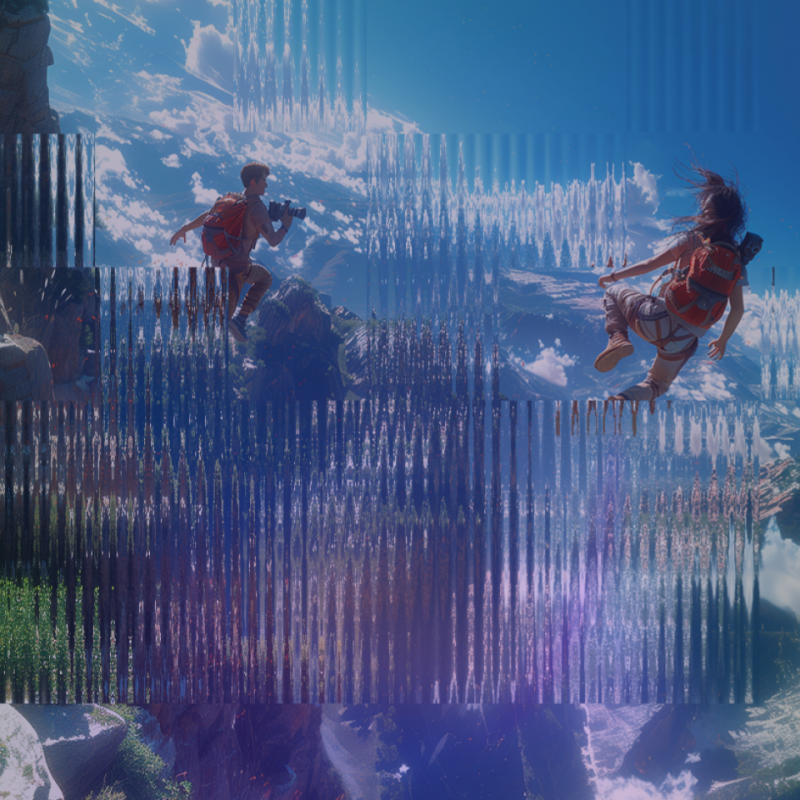Believed to have been in the pipeline for months, if not years, Bard is a ‘high quality, safe and grounded’ AI chatbot that can understand, process and respond to human input – drawing on information from the web to provide fresh, conversational and quality responses… Sounds familiar doesn’t it?
In short Google was beaten to the post by OpenAI going to market with ChatGPT, and they don’t like it. So they responded in a way that only Google can – fast tracking the development of their AI technologies to launch a copycat service that, once accessible to the general public in the coming weeks, will (they hope) help them regain market share lost to ChatGPT. Not that ChatGPT has caught on to the existence of its apparent rival…
WTF is Google Bard?
Dubbed by Google as ‘an important step’ in their AI journey, Bard is effectively their retaliation chatbot to ChatGPT – an experimental conversational AI service. Bard is a tool that can be used to simplify complex topics by combining the breadth of the world’s knowledge with the power, intelligence and creativity of Google’s large language models.
Not yet available outside of testing, Bard is based on similar technology to ChatGPT, using a smaller version of Google’s LaMDA behind a conversational interface.
An ‘outlet for creativity, and a launchpad for curiosity’, Bard is, to put it bluntly, Google’s entry into the AI race. A chatbot to rival, and regain market share from OpenAI’s ChatGPT.
What does the launch of Bard mean?
In short, it means that there’s a big tech race in the Generative AI space – the armageddon of AI if you will. And one that OpenAI is currently winning.
For the first time in a long time, Google is on the backfoot meaning, despite a significant ‘reputational risk’ they went ahead and invested heavily in their existing AI technology, fast tracking the production of Bard (and other potential solutions) even while laying off more than 12,000 employees. Sundar Pichai, the CEO of Google and Alphabet even indicated that these layoffs were made in a bid to drive the growth of their AI tech:
“Being constrained in some areas allows us to bet big on others. Pivoting the company to be AI-first years ago led to groundbreaking advances across our businesses and the whole industry”
And they’re not the only ones. Meta also has their own ChatGPT variant, Blenderbot. First launched in the US in 2022, Blenderbot is the first chatbot that can ‘simultaneously build long-term memory’ while continually searching the internet for timely information to have ‘sophisticated conversations on nearly any topic’. Despite debuting before ChatGPT, Blenderbot and Meta received serious criticism upon launch, due to the chatbot’s general incompetence, and its ability to produce racist remarks and conspiracy theories. A far cry from the initial reception that ChatGPT received.
The response wasn’t much better on the launch of their secondary AI platform, Galactica – an AI ‘fill in the gaps’ word-guessing game trained to respond to natural language. After a mere three days Meta was forced to shut down the demo after significant criticism and public pressure.
Galactica demo is off line for now.
It's no longer possible to have some fun by casually misusing it.
Happy? https://t.co/K56r2LpvFD— Yann LeCun (@ylecun) November 17, 2022
With Google (and Meta) entering the chatbot race we’ll likely see other tech giants scrambling for a piece of the AI pie even if ChatGPT seems to be light years ahead of its newly launched competitors – despite it having a rather diplomatic view of itself…
What does this mean for the future of AI?
If anything, ChatGPT and Bard have demonstrated the sheer potential and power of Artificial Intelligence. To quote our previous article, WTF is ChatGPT, OpenAI and Meta’s creations are showing us just how far we’ve come in the field of artificial intelligence and the revolutionary ways in which we can interact with technology. There’s even scope for Google to integrate Bard into their SERP, making search more intuitive for consumers, and more beneficial for marketers, without damaging Google’s paid search profits.
We’re in an era where technology is advancing faster than ever, and AI and automation are leading the way for consumers and marketers alike. But we’re only scratching the surface. Chatbots may have hit mainstream media, gaining significant traction and usage but there’s so much more possibility outside of blog writing, present suggestions and copywriting. AI has the ability to stipulate genuine value to the user, and in the near future we can expect to see tech giants using the growing power of intelligence to streamline day to day activities.
From a somewhat cynical point of view, the sophistication of ChatGPT could also expose billions of people to potential harms, due to rival firms shortening ‘the process of assessing’ in a bid to launch their own chatbot. Big tech was moving somewhat cautiously until OpenAI came into play, and we’ve since seen firms such as Google proposing a ‘green lane’ to fast track the production of, what has now been named, Bard. Leaving many a AI ethicists fearing for its users. That being said both Google and Microsoft have publicly declared their software safe to use, with regular safety tests and extra safety mitigations.
It goes without saying that AI is a space to watch…
With that in mind, if you do want to learn more, watch our latest webinar ‘Rise of the Robots’ where Incubeta took a deep dive into the world of Automation and AI – breaking down how we can actually use these tools to bolster successful strategies across digital.
We even used AI to revamp our speaker headshots…
*updated 20.03.23






